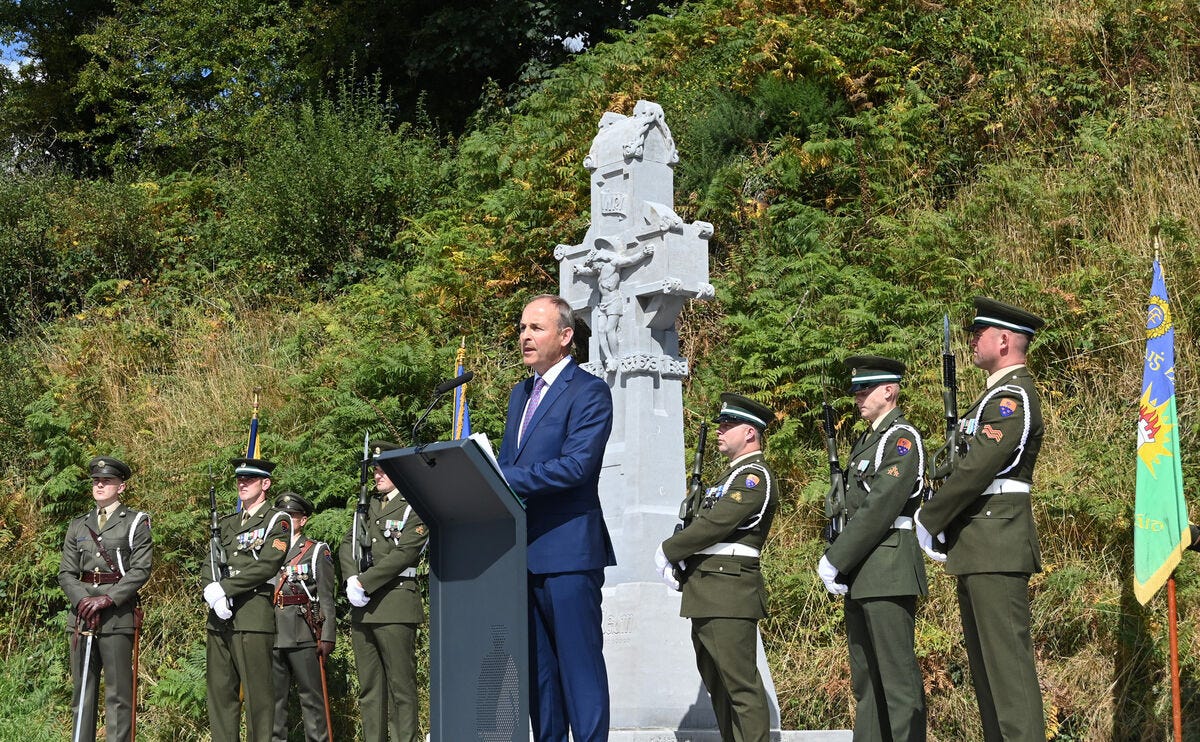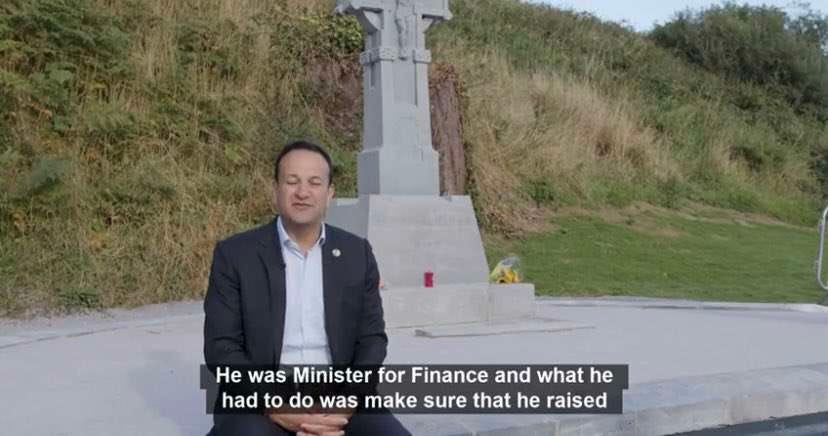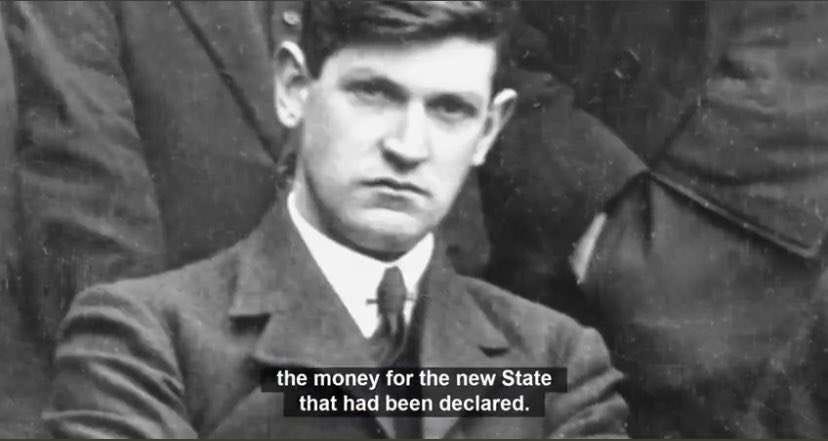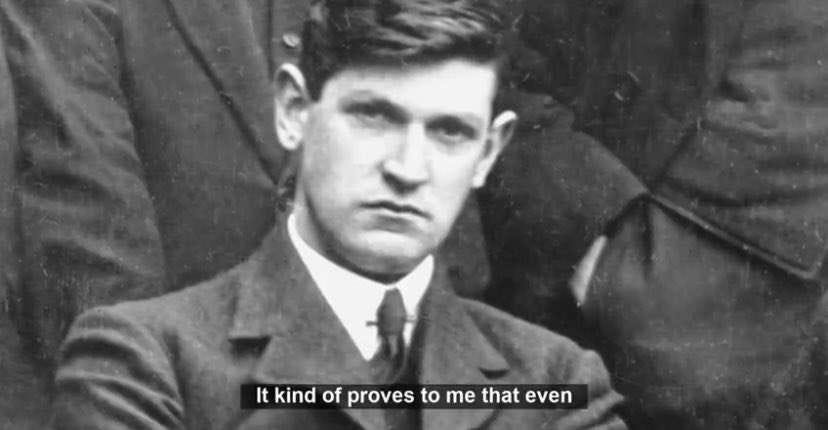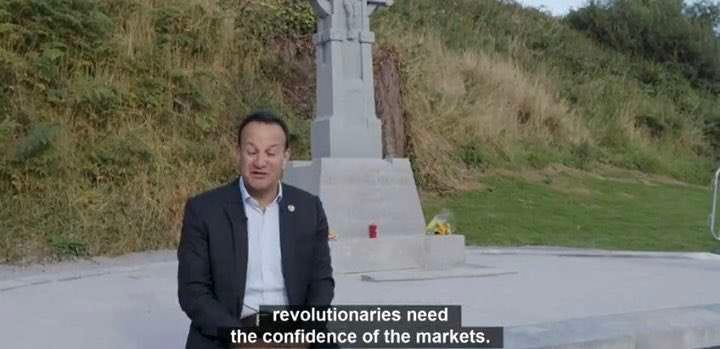A Reflection on the Centenary of Commemoration
The Irish Establishment's Reframing of Its Revolutionary Legacy
If there is one segment of our past that can help us understand how we ended up in the dire straits we are now suffering under, It’s the Irish revolutionary period from what many academics put between 1912-1923.It’s now been over two years since the Irish state wrapped its centenary commemoration, where it began in 2012 with the centenary of the first Home Rule Bill and will end in September 2023 when the Irish Free State joined the League of Nations. The reasoning behind ending the commemorations on Irelands assentation to the league of nations was that according to the Taoiseach at the time, Leo Varadkar wanted it not end on a “downbeat" note. This post is not an in-depth, case by case analysis of the successes and failures of each of the local and national commemorations, many of which were held online or outright cancelled due to COVID-19 lockdown restrictions. I was lucky enough to attend a few major commemoration events, from the first public screening of an episode of The Irish Revolution in the Cork Opera House in 2019, the book launches of UCC’s Irish War of independence and Irish Civil War and the 2022 Béal na Bláth centenary anniversary of Michael Collins tragic death. The last one being noteworthy not due to the soaring oratory skills of its speakers, but of the constant heckling of the anti-vaxxers/lockdown protesters present and the embarrassment of the solider on stage, collapsing of heat exhaustion.
Looking back on the event, it was nothing more than empty self serving revisionist platitudes about how far liberal and enlightened Ireland had moved on from the division of the past, condemnations of real, imagined or exaggerated threats to their ego and vanity rather than to the state itself.
“There are those who claim in ever-more passionate speeches that Ireland has achieved nothing in 100 years — and that we are close to being some sort of failed state. This says more about their cynicism than it does about our country.”
As the actual event itself has rescinded far back in the state rearview mirror, many elected officials took the chance over the years to utilize the unique opportunity as orator of the annual service, to instead serve as their own personal hobby horse at that time. In 2009, Former president Mary Robinson for example decided it was prime time to virtue signal about the plight of Palestine or the recent release of the ryan report in May of that year, which detailed the abuse of children in residential homes run by religious orders from 1914 to 2009. The following is an excerpt from her speech in the 2012 Béal na Bláth 90th anniversary booklet:
It is also necessary to seek to draw something positive from the revelations about the abuse of children in our society. The implications of those decades of abuse have provoked soul-searching debate. The scale of abuse…was so widespread as to leave no doubt that it was systemic, and that it required the complicity of so many in our society in addition to the abusers ourselves.”
Whatever your opinion you hold regarding this atrocious and despicable chapter in modern Irish history, was a memorial service dedicated to one of Irelands greatest sons really the best backdrop to speak on? I don’t think so in the least, it cheapens and makes a mockery of both Michael Collins as important figure of the nation and of the countless children’s lives shattered by abuse.
Our education system has for a long done a very poor job of exploring these divergent topics beyond a partisan, ideological lens. It completely warps perspectives and deliberately isolate oneself from new and valuable information that may prove useful. faddists, cranks and useful idiots have inflicted great and terrible damage to Irelands sense of self, willpower and pride to accomplish anything of worth beyond the economic plain. Reality is only defined according to our managerial class to the material, not the ideal or spiritual. Do not take this as a retreat to fanciful notions of romanticism that has hampered past Irish struggles. Collins was a pragmatists, often dutifully nose down in paperwork, collecting dues for his GAA club in London or raising funds during the struggle at home. Despite the propaganda, I find it hard to believe that Michael Collins cared about the “confidence of the markets” in order to raise funds for a rebellion against the premier power on planet Earth, at that time. Events tied to Ireland’s revolutionary struggle are now often co-opted as platforms for advancing partisan policies or sanitizing complex histories to align with modern sensibilities.
The current wave of fashionable postmodern revisionism, driven by self-serving motives, appears to be nearing its end. Ceremonies like the one at Béal na Bláth have devolved into little more than superficial, performative spectacles—mere "gombeen party kayfabes" populated by aging, out-of-touch attendees mechanically going through the motions. At the latest memorial event, the occasion was hijacked, reduced to yet another platform for Fine Gael to push their agenda, this time with Minister for Health Jennifer Carroll MacNeill at the helm, advocating for the dismantling of the triple lock legislative mechanism. While such brazen tactics might yield temporary political gains, exploiting republican commemorations as battlegrounds for neoliberal policies is a shortsighted strategy that will only accelerate their own downfall. These events, once steeped in historical and cultural significance, risk becoming hollow rituals tainted by partisan opportunism. To preserve the integrity of such occasions, I strongly advocate for non-participation and organized boycotts of these increasingly politicized gatherings in the foreseeable future. By withdrawing support, we can send a clear message that the manipulation of sacred memorials for narrow political ends will not be tolerated, urging a return to authenticity and respect for their original purpose.

